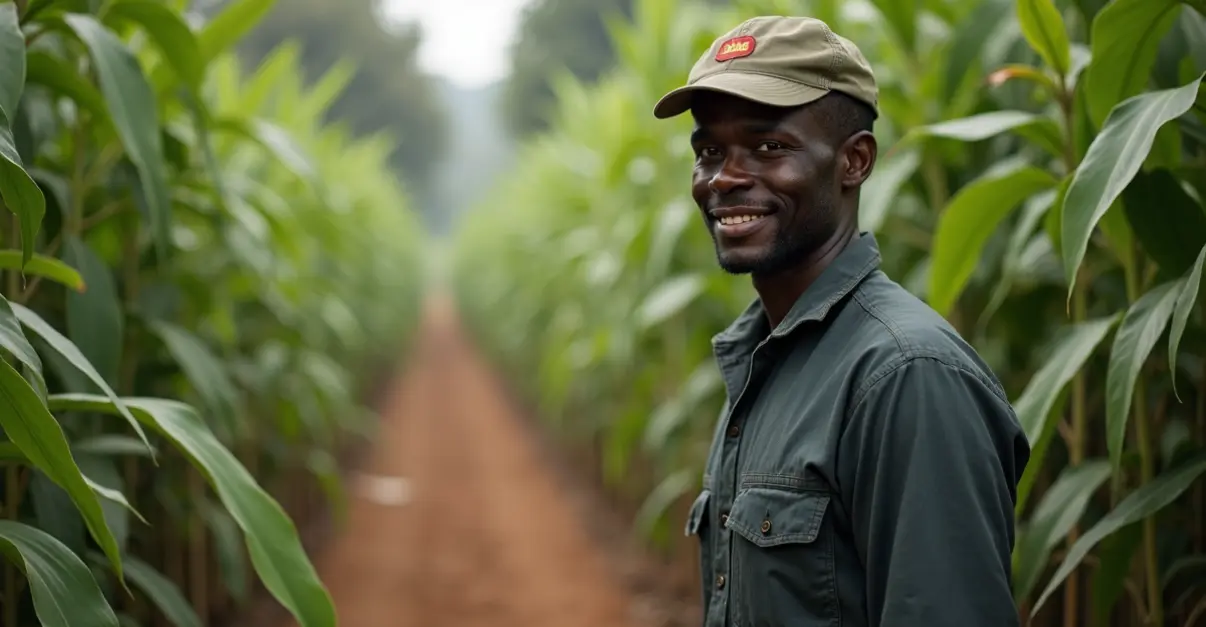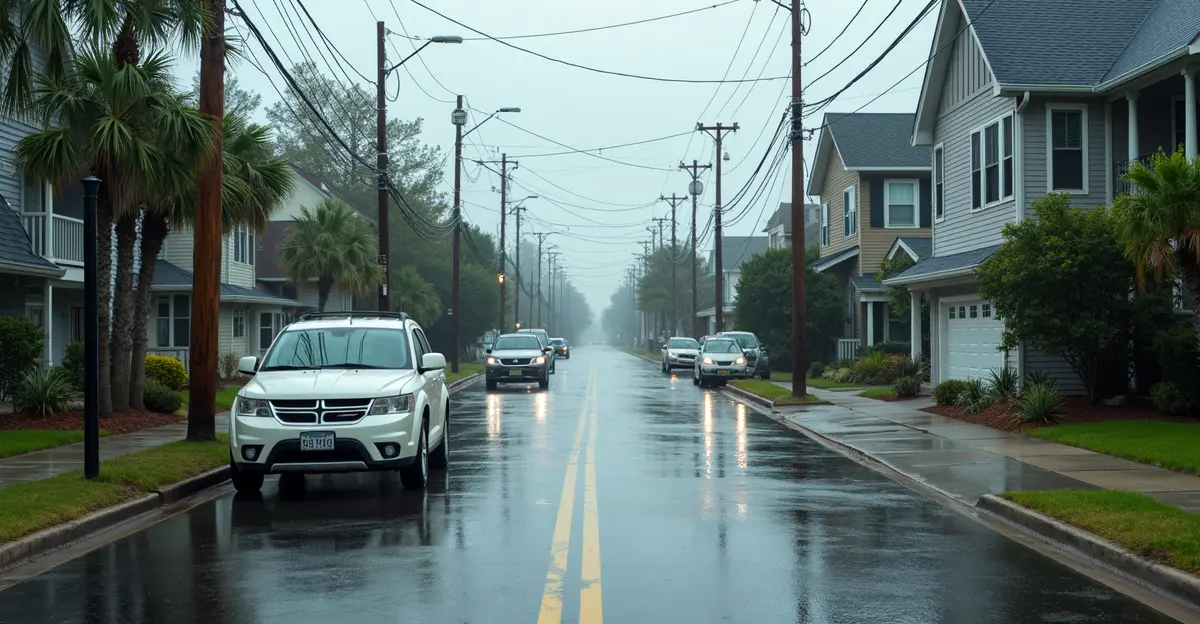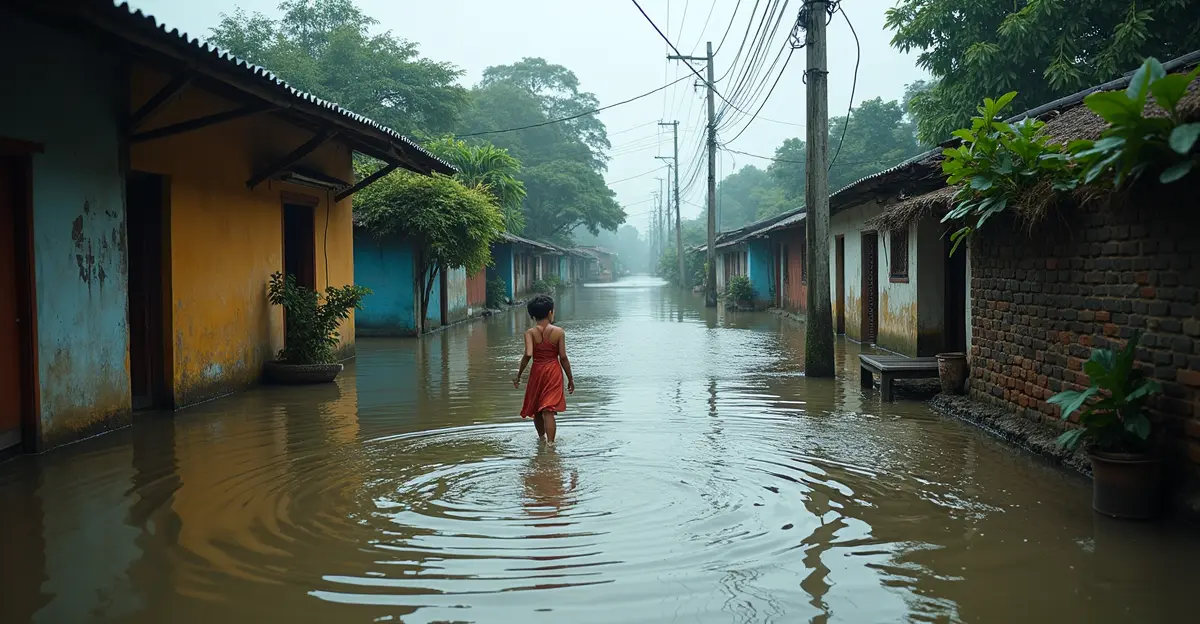Global Climate Resilience Index Reveals City Preparedness Rankings
A comprehensive Global Index of Climate Resilience has been published, providing crucial insights into how cities worldwide are preparing for increasingly frequent and severe extreme weather events. The rankings evaluate urban centers based on their infrastructure, policy frameworks, community engagement, and adaptation strategies to withstand climate-related disasters.
Key Findings and Methodology
The index employs a sophisticated methodology that assesses cities across multiple dimensions, including physical infrastructure resilience, emergency response capabilities, social cohesion, economic stability, and environmental protection measures. According to the report, cities scoring highest demonstrate robust early warning systems, resilient building codes, green infrastructure investments, and comprehensive climate adaptation plans.
'This index serves as a wake-up call for urban planners and policymakers worldwide,' stated climate resilience expert Dr. Maria Rodriguez. 'Cities that invest in proactive adaptation measures are not only protecting their citizens but also securing their economic futures.'
Top Performing Cities
Leading the rankings are cities that have implemented comprehensive climate resilience strategies. Copenhagen, Denmark, ranks exceptionally high due to its extensive green infrastructure, flood management systems, and commitment to carbon neutrality by 2025. The city's integrated approach to climate adaptation includes green roofs, permeable surfaces, and advanced stormwater management.
Singapore follows closely, praised for its sophisticated water management systems, urban heat island mitigation strategies, and robust infrastructure designed to withstand tropical storms and sea-level rise. The city-state's 'ABC Waters Programme' has transformed urban waterways into multi-functional spaces that serve both recreational and flood management purposes.
Vancouver, Canada, demonstrates strong performance with its climate adaptation strategy focusing on coastal protection, green building standards, and community resilience programs. The city has invested heavily in sea wall improvements and natural shoreline protection.
Vulnerable Urban Centers
The index identifies several major cities facing significant climate risks. Miami, Florida, ranks among the most vulnerable due to its low elevation, porous limestone foundation, and exposure to hurricanes and sea-level rise. Despite local efforts, the city faces challenges in implementing large-scale adaptation measures.
Jakarta, Indonesia, faces multiple threats including land subsidence, coastal flooding, and extreme rainfall events. The city's rapid urbanization and inadequate infrastructure have exacerbated its vulnerability to climate impacts.
Mumbai, India, struggles with monsoon flooding, coastal erosion, and urban heat island effects. The city's dense population and informal settlements create additional challenges for climate resilience planning.
Economic Implications
The report highlights significant economic consequences for cities failing to invest in climate resilience. According to data from the Global Center on Adaptation, extreme weather events caused over $320 billion in economic losses globally in 2024, nearly 40% higher than the decade average.
'Every dollar invested in climate adaptation saves approximately four dollars in future losses,' noted adaptation economist Dr. James Chen. 'Cities that delay resilience investments are essentially gambling with their economic stability.'
Policy Recommendations
The index provides actionable recommendations for urban policymakers, emphasizing the need for integrated approaches that combine technological solutions with nature-based approaches. Key recommendations include:
- Implementing and enforcing resilient building codes
- Investing in green infrastructure and nature-based solutions
- Developing comprehensive early warning systems
- Strengthening social safety nets for vulnerable populations
- Promoting community engagement in resilience planning
Global Context and Future Outlook
The publication comes at a critical time when climate impacts are intensifying globally. The Global Climate Risk Index 2025 reveals that over 765,000 lives were lost and direct economic losses reached nearly $4.2 trillion from more than 9,400 extreme weather events between 1993-2022.
As cities continue to grow and climate risks escalate, the Global Index of Climate Resilience provides an essential tool for benchmarking progress and identifying areas requiring urgent attention. The report concludes that building climate resilience is not merely an environmental imperative but a fundamental requirement for sustainable urban development in the 21st century.

 Nederlands
Nederlands
 English
English
 Deutsch
Deutsch
 Français
Français
 Español
Español
 Português
Português









